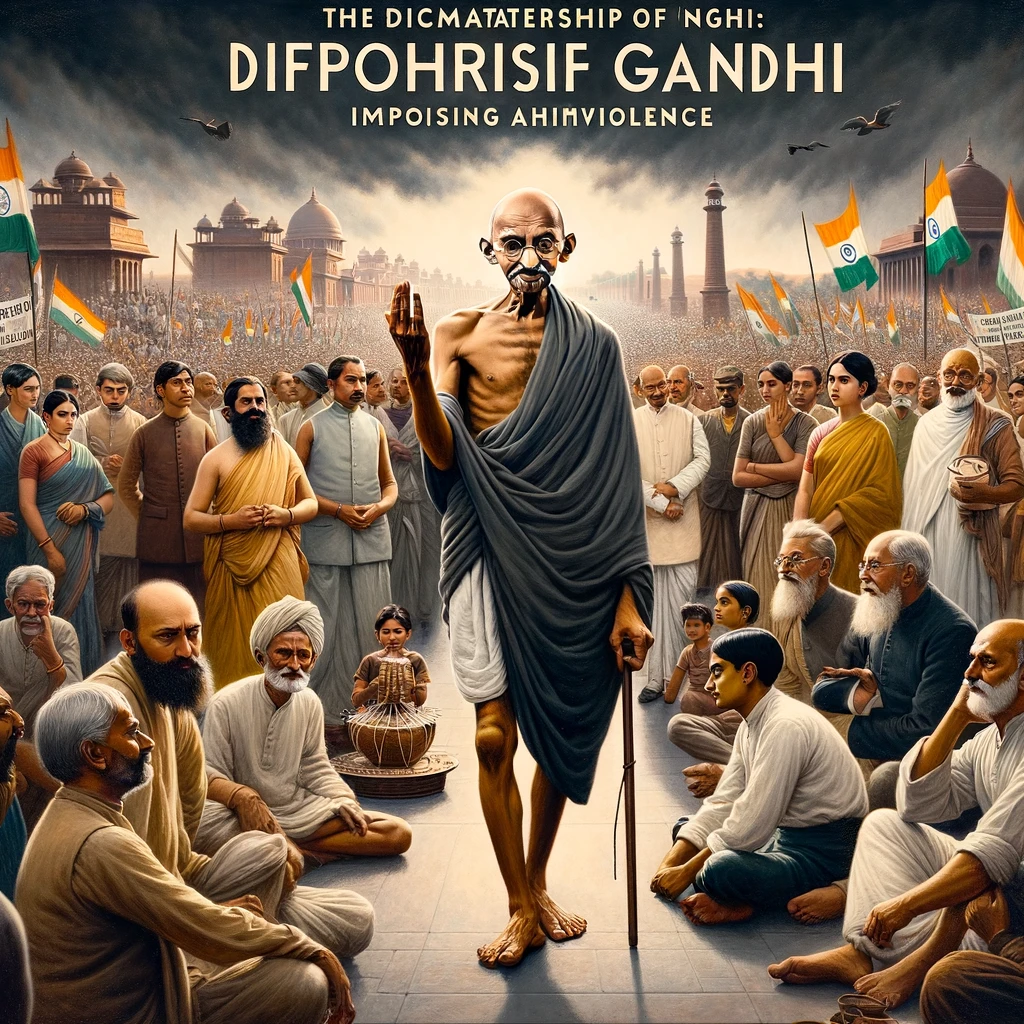The enactment of the Rowlatt Act and Mahatma Gandhi’s sentencing on March 18 in the years 1919 and 1922, respectively, stand as pivotal moments in India’s struggle for independence. These events highlight the clash between the oppressive colonial British regime and the indomitable spirit of the Indian people, led by Gandhi’s philosophy of nonviolent resistance. Gandhi’s approach, while revolutionary, sparked debate within the movement about its effectiveness and the potential limitations it imposed on the spectrum of resistance strategies. Critics argue that Gandhi’s unwavering commitment to nonviolence may have inadvertently prolonged British rule by limiting direct challenges to their authority. Despite these critiques, Gandhi’s strategies of peaceful protest and civil disobedience united a diverse nation against colonial oppression, offering lessons on leadership, resilience, and the power of moral conviction in the pursuit of freedom and justice. This essay explores the complexities of Gandhi’s legacy and the multifaceted nature of India’s freedom struggle, reflecting on the enduring impact of nonviolence as a tool for social change.
